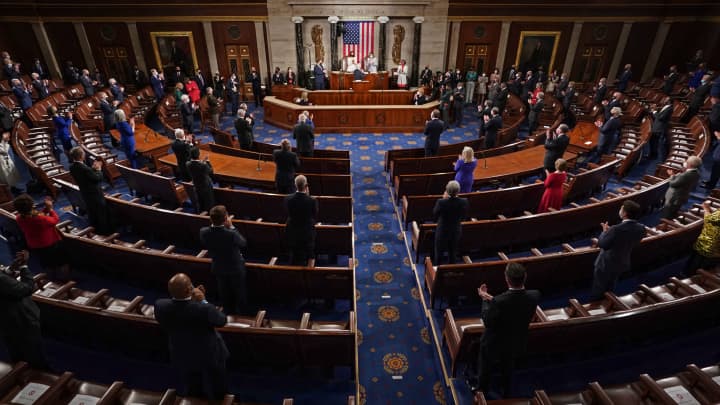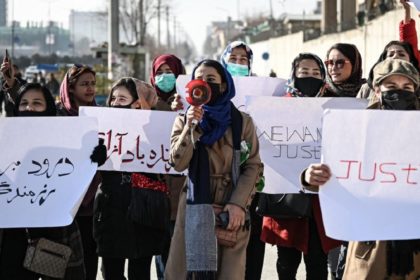RASC News Agency: Michael McCaul, Chairman of the House Foreign Affairs Committee, has officially scheduled a hearing for U.S. Secretary of State Antony Blinken to testify on the controversial withdrawal of American forces from Afghanistan. The session is set to take place next Wednesday, as confirmed in a statement released by the committee on December 4.
The committee has demanded that Blinken provide detailed explanations regarding the execution of the withdrawal process. This follows multiple prior summonses from the committee, which Blinken has either avoided or declined to address substantively. The House Foreign Affairs Committee has repeatedly described the Biden administration’s handling of the Afghanistan withdrawal as a “disgrace,” emphasizing its failure to uphold professionalism and accountability.
Questions linger over whether Blinken will attend this hearing to address the criticism. Analysts have underscored the pivotal roles played by two key figures in the Taliban’s resurgence: Zalmay Khalilzad, accused of deceiving the U.S. and the global community with promises of a reformed Taliban, and Antony Blinken, who frequently sought to reassure both Americans and the international community that the Taliban had evolved.
These lobbying efforts reportedly facilitated a shift in U.S. policy, enabling robust financial and political support for the Taliban over the past three years. During this period, the U.S. allocated $40 million weekly to the Taliban to prevent its collapse, channeled millions of dollars into strengthening Taliban-controlled security institutions, and intervened to stabilize Afghanistan’s national currency.
Blinken’s testimony is expected to address these contentious decisions and provide insight into the administration’s rationale behind its policy choices, which many critics believe ultimately bolstered the Taliban’s control over Afghanistan. The hearing is anticipated to serve as a critical moment for assessing the broader implications of the U.S. withdrawal and its lasting impact on regional stability.






